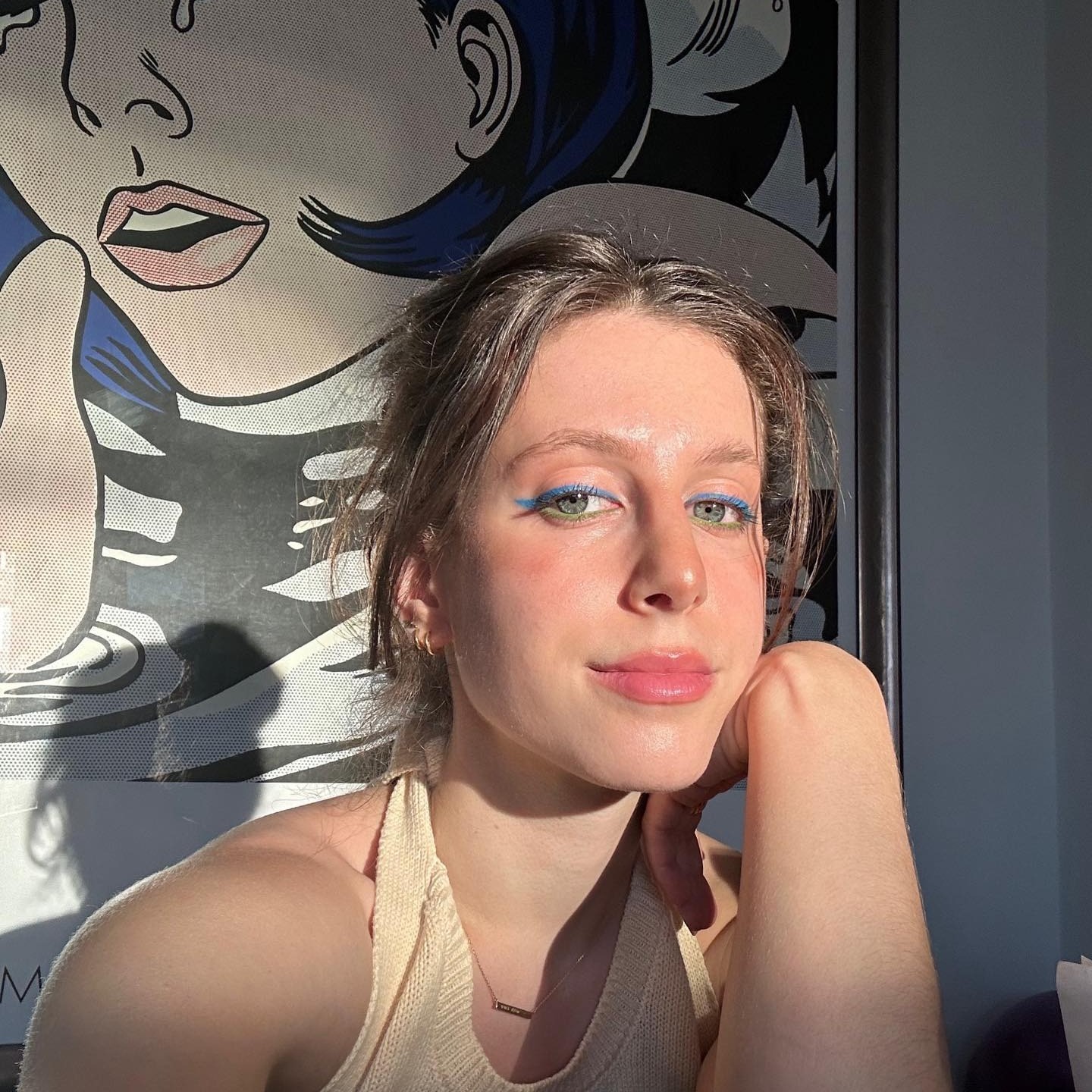What You Need to Know About Using Activated Charcoal on Your Skin
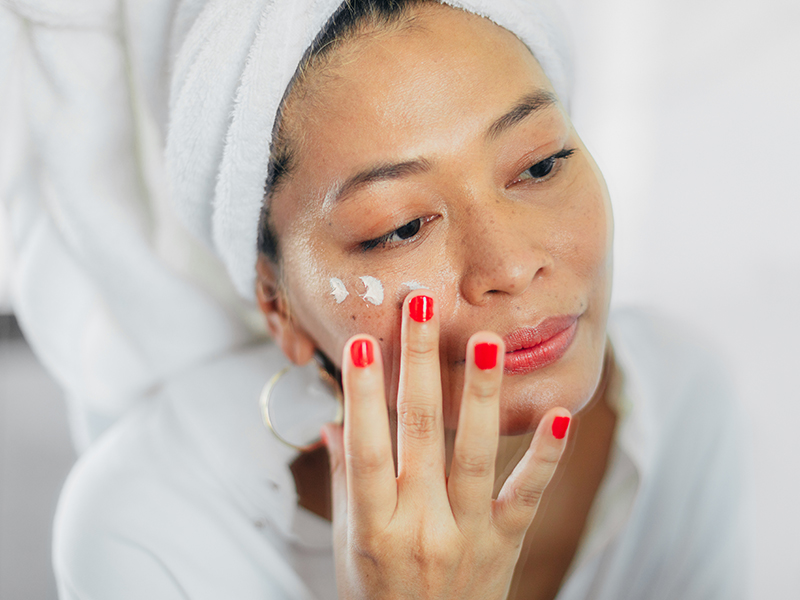
Upon hearing the word charcoal, one might think of a summer barbecue or even a cozy fireplace during the coldest winters. Charcoal is used in both scenarios, cooking up your delicious cheeseburger or keeping that flame burning and alive all night. But did you ever think of using it for your skincare routine?
Charcoal is a form of carbon that has small, low-volume pores with increased surface area for absorption and chemical reactions. It can be derived from a variety of substances, including coal, coconut shells, bamboo, olive pits, and sawdust.
Benefits of Activated Charcoal on Your Skin
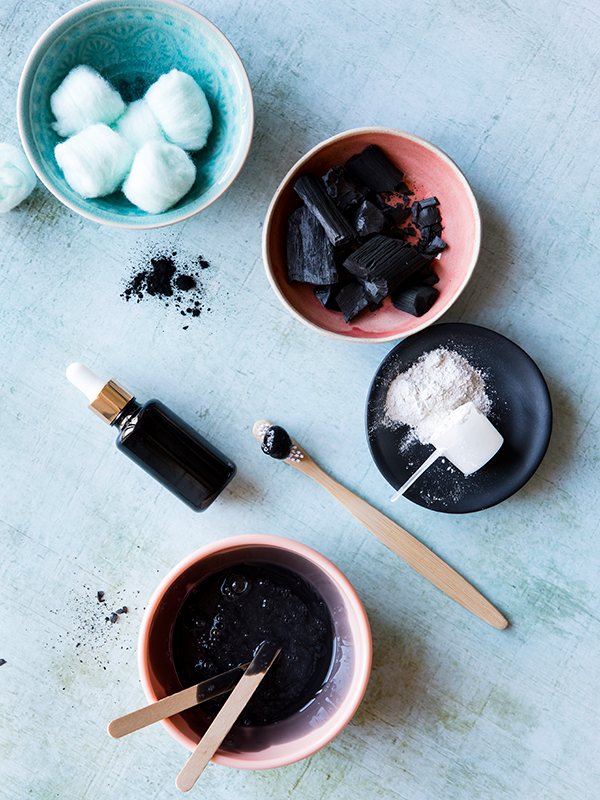
Lately, it seems to be a craze in beauty products, so we asked dermatologists how it could make your skin glow. Erin Gilbert, MD, Ph.D., FAAD, a Vichy celebrity dermatologist, explains the science behind activated charcoal: "Its ability to bind impurities that are found on the skin surface and in blackheads such as dirt, toxins, and heavy metals is due to charcoal's negative charge and large surface area."
When charcoal is "activated" at high temperatures, its porousness is increased significantly. Because of this, it increases the use cases of this ingredient in a variety of fields including as a medical treatment for poisoning in humans, water filtration, air purification, and many others, shares Gilbert.
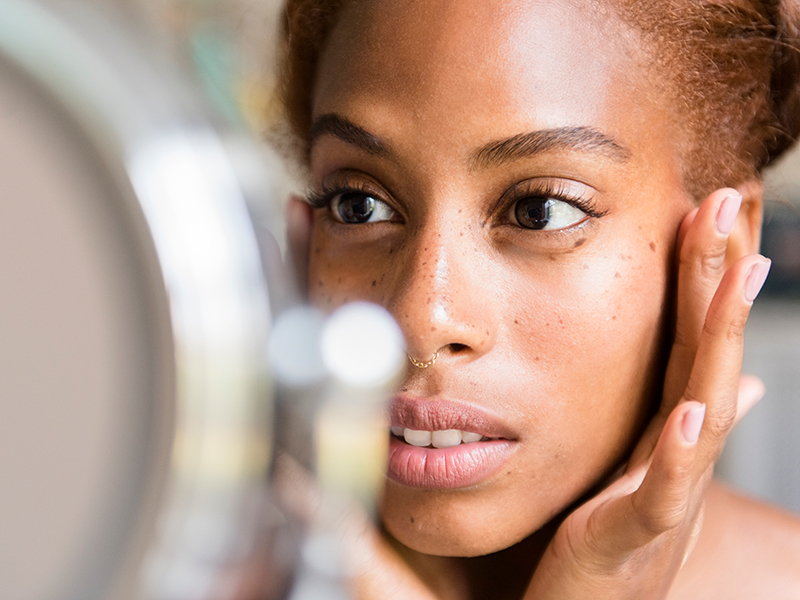
Who would benefit from charcoal? Gilbert recommends charcoal for people with blackheads, those who live in areas with a lot of pollution like big cities, or those with oily skin who tend to pick up a lot of residue on their skin. Before you start using the products, you might want to check with your doctor or dermatologist about any side effects, like irritation.
Using a charcoal beauty product helps your complexion by removing impurities. However, don't think that this will just strip your skin desert-dry. Gilbert shares, "The best products actually leave your skin feeling smoother, softer, and reduce the appearance of pores by cleaning out blackheads." Other products may have textured charcoal granules that work as a scrub and exfoliator.
How to Use It in Your Skincare Routine
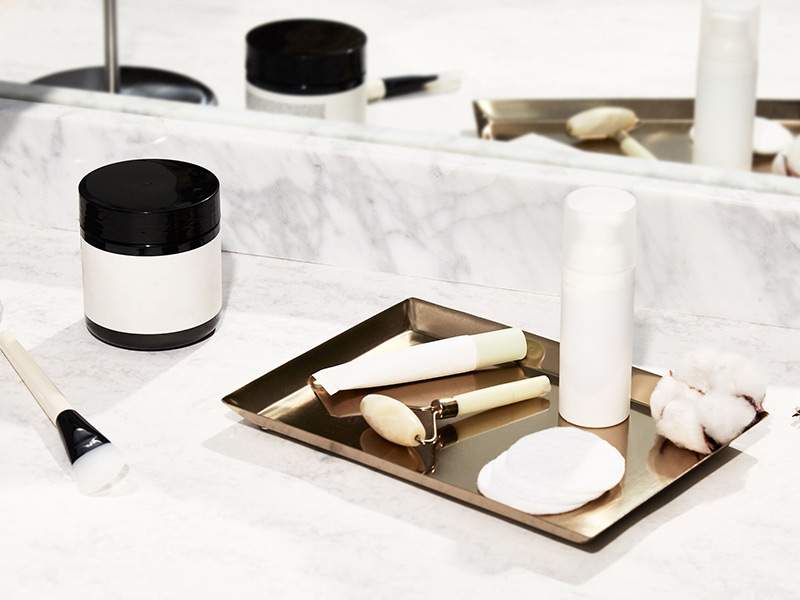
As far as a beauty skincare routine goes, activated charcoal masks are best after cleansing your skin and before you apply the rest of your skincare products such as serums, moisturizers, and oils. Gilbert recommends this cadence of use: "Masks or products that contain activated charcoal without other drying ingredients like clay or alpha hydroxy acids can be used every day if desired. However, since the masking ritual usually takes a bit of time, it tends to be more practical to use them several times a week. They are best used in the evening when you have a bit more time to let them sit."
Activated Charcoal Products
If you want to try out some products, take a look at some of our recommendations below.
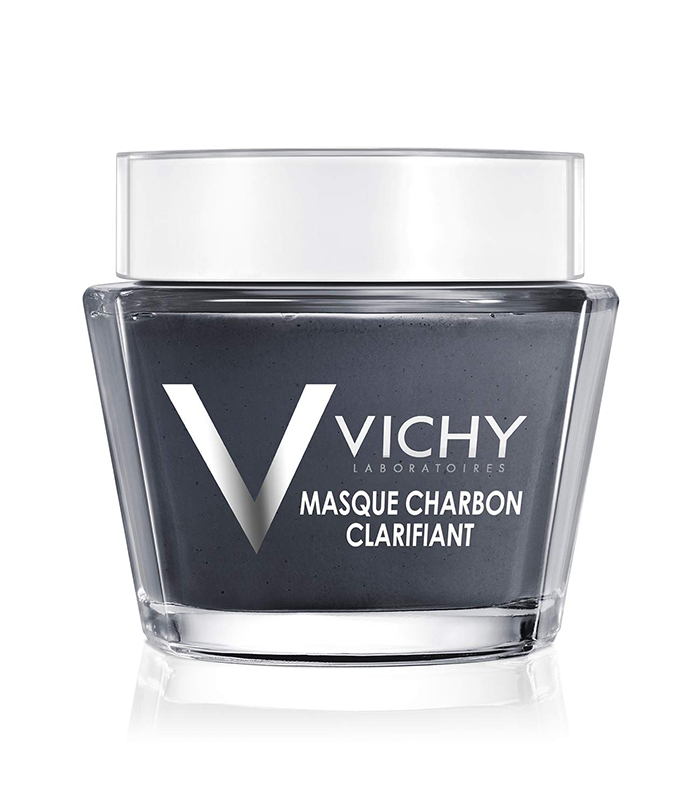
Vichy's Clarifying Charcoal Mask is easy to use. It only takes five minutes, so it can be done while cooking, Netflix-ing, and more without interrupting your routine majorly. This mask acts as a magnet to effectively extract dirt and toxins from the skin's surface. The mask includes thermal water, too.
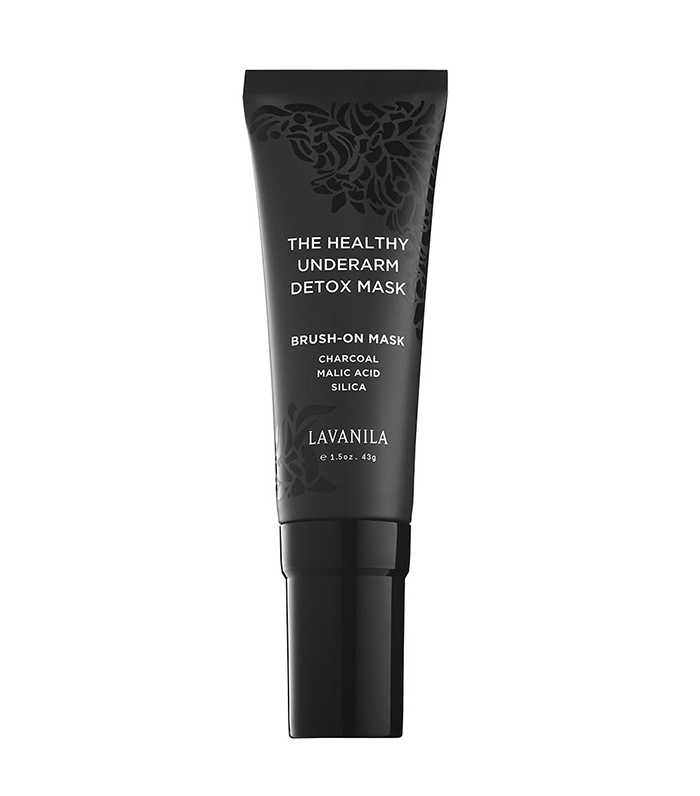
This product is meant to detoxify your underarms as we accumulate toxins every day from diet, stress, and pollution. Not to mention, when using conventional deodorant and antiperspirant, we push new chemicals like aluminum and metal ions into the skin. This underarm detox mask helps remove aluminum and any buildup, and with the overall trend of switching to natural deodorants lately, it's also great for those who are in the middle of transitioning from using a conventional deodorant to a natural one.
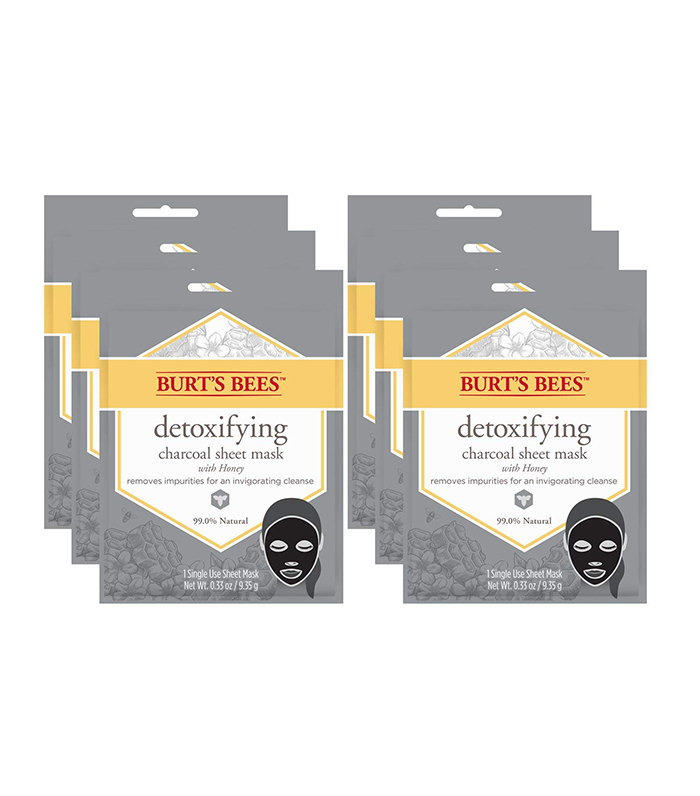
Burt's Bees has a detoxifying charcoal sheet mask that is as easy to put on as a regular sheet mask, allowing it to draw impurities from your whole face. It is soap-free and contains honey, so it's gentle and soothing on the skin.
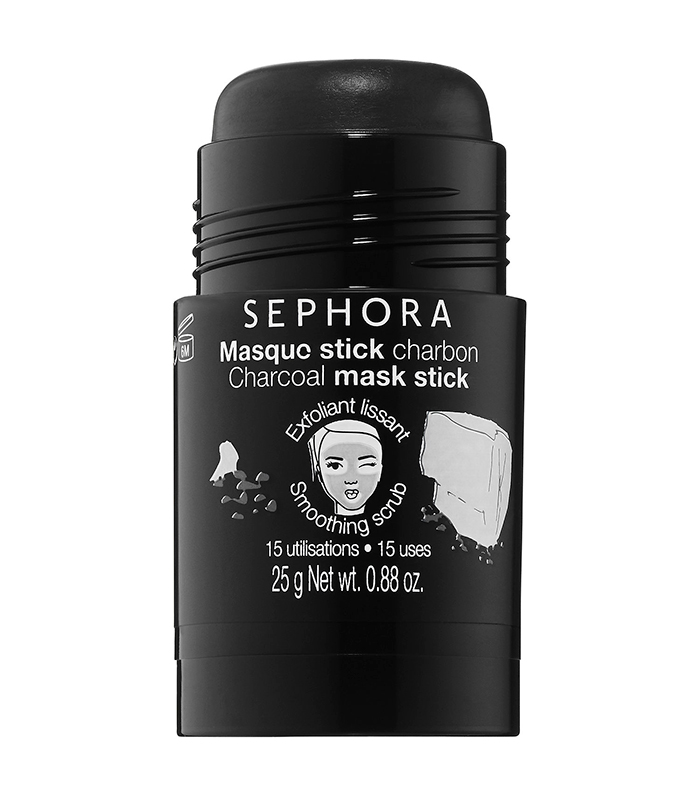
This stick makes it easy to apply where you may need some extra detoxifying action (e.g., on your nose, forehead, or chin). The charcoal formula is supposed to smooth skin and reduce shine.
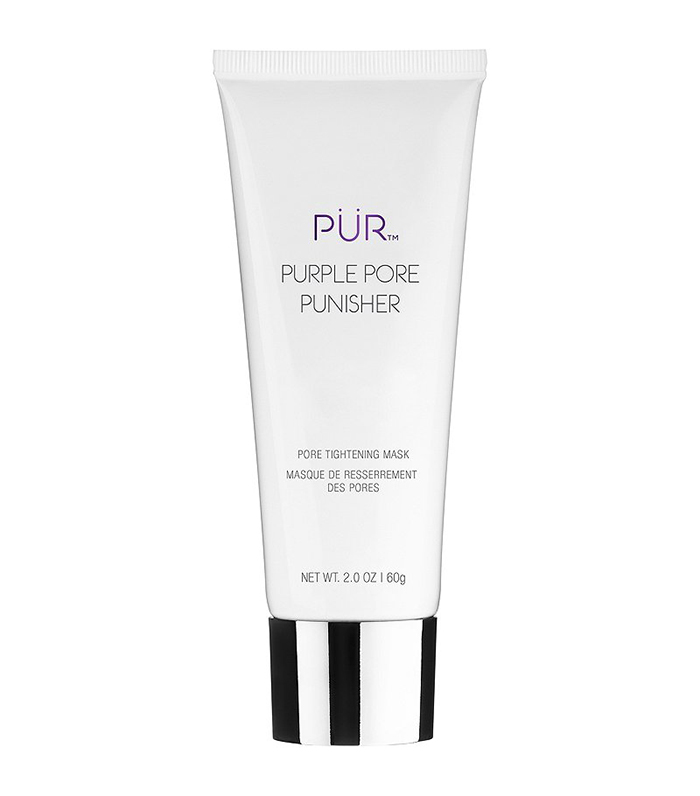
A hybrid between a mask and a sheet mask, this helps to purify your skin, really drawing out oils and dirt from your pores while brightening your complexion. Apply this gel mask on to your face, let it dry, and peel it off.
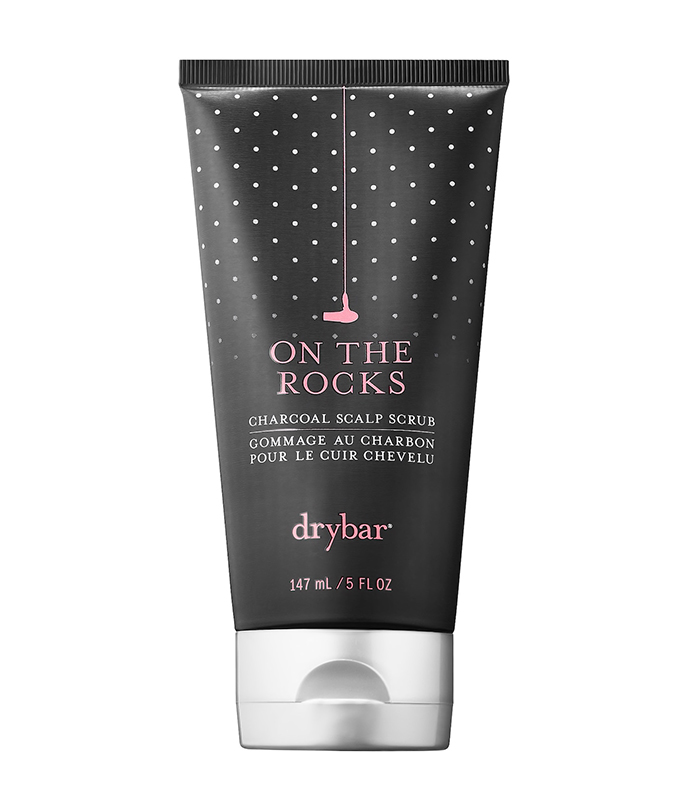
For a more luxurious shower experience, treat yourself to a scalp scrub the next time you wash your hair. It can help exfoliate, detoxify, and cleanse your scalp and hair. Think about all the products and buildup you may apply—from dirt to dry shampoo, hair spray, and more. This will help cleanse your scalp on a deeper level.
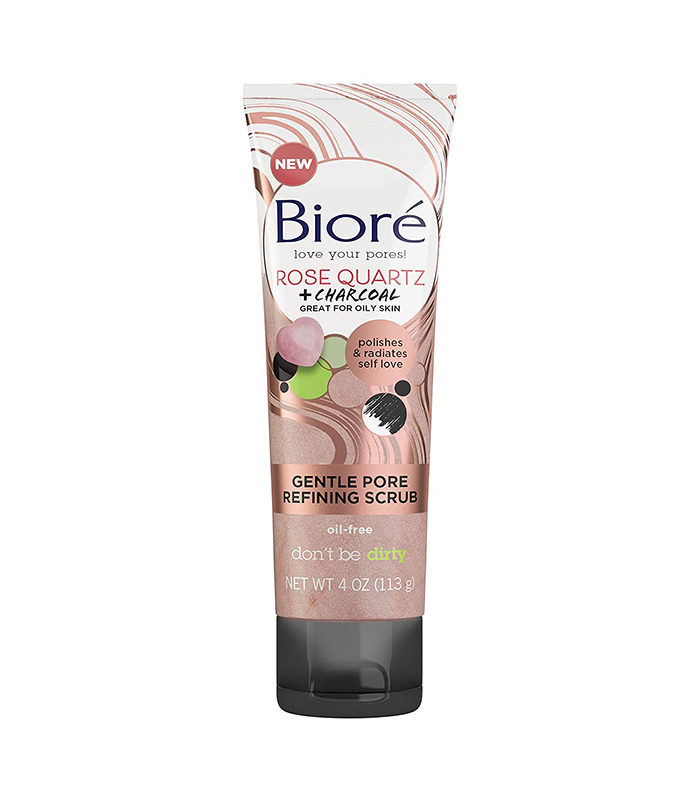
Why have one powerful ingredient when you can have two? Bioré combines the best of both with its mask that contains both charcoal and rose quartz to eliminate impurities and energize your skin at the same time. It's also vegan-friendly and cruelty- and paraben-free.
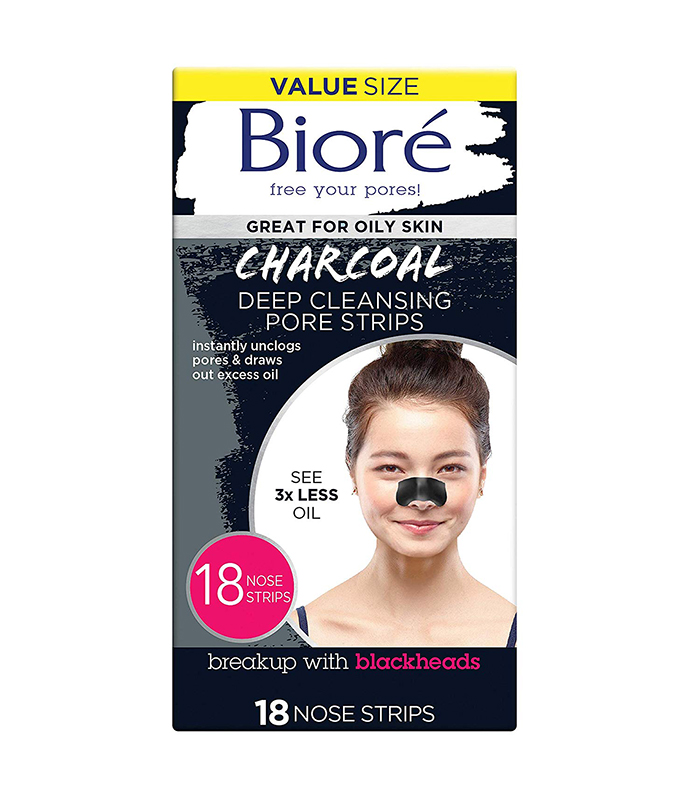
These strips provide targeted treatment to where you may need to draw out dirt and oil the most—your nose. There is nothing more gratifying (warning to those squeamish people!) than feeling the dirt, oil, and blackheads stick to the strip as you pull it off. In addition to having charcoal as the main ingredient to clear clogged pores, the strips are infused with witch hazel and tea tree oil to refine pores and diminish their appearance over time.
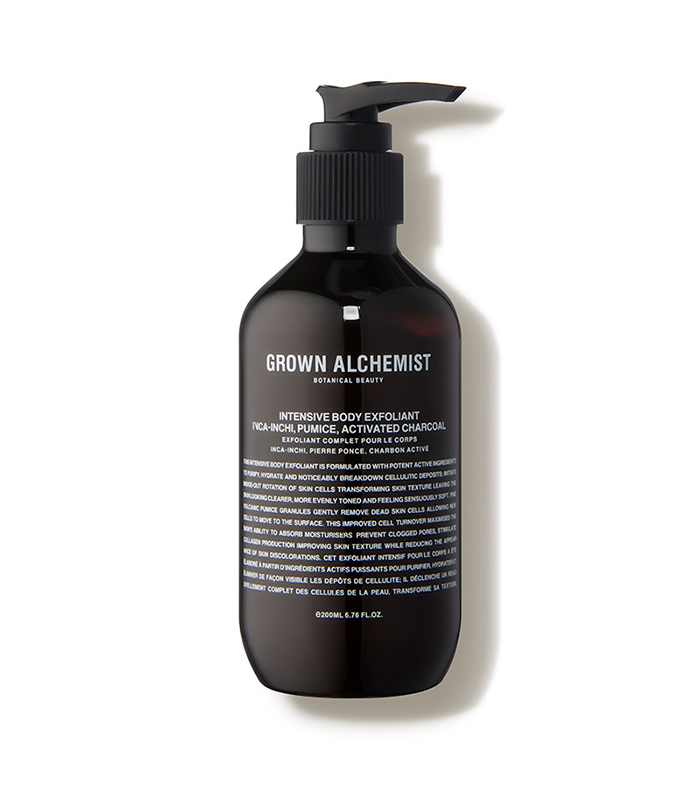
This exfoliant contains Inca-Inchi, pumice, and activated charcoal to detoxify the skin, eliminate dirt, and strengthen capillaries. It also has ingredients that can help break down cellulite, too. Massage this over your body, leave on for five to 10 minutes, and rinse with warm water.
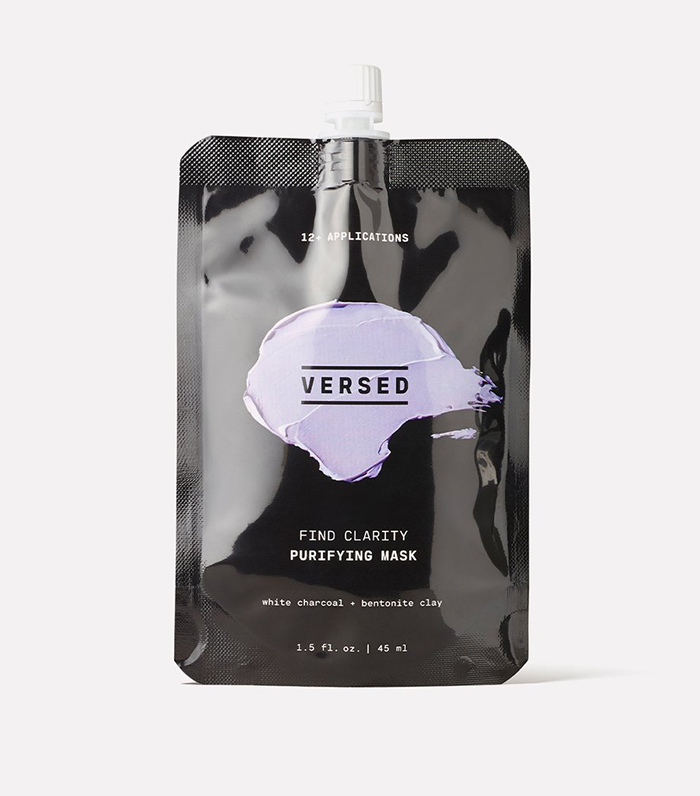
This mask is made of two types of clay (koalin and bentonite) and two types of charcoal (binchotan white charcoal and bamboo) to give your skin a detox. The clay mask won't dry out completely, so when you take it off, your skin will still feel smooth.
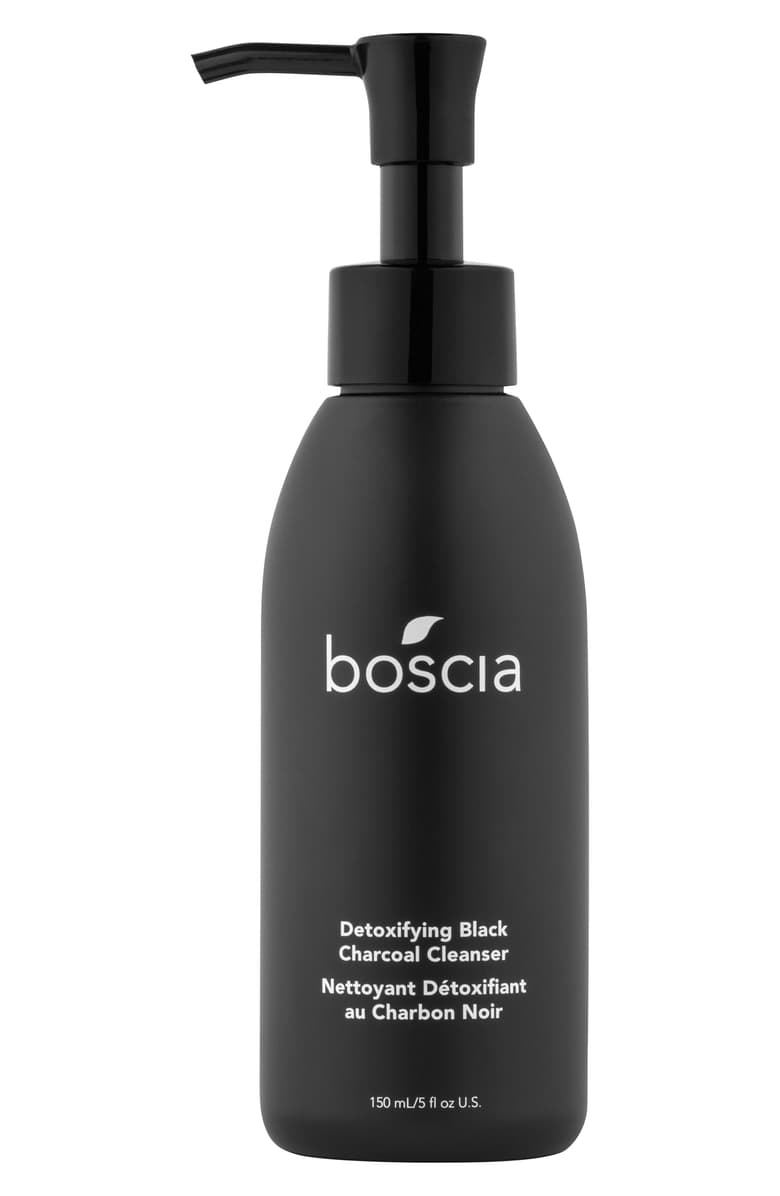
The gentle gel cleanser will give you a deep clean and detoxify your skin. It warms as you lather it on your skin, which can feel so comforting. It's vegan, cruelty-free, and doesn't contain ingredients like sulfates, phthalates, parabens, silicone, or talc.
Next up: How to Shop for Deodorant When You Have Sensitive Skin
Disclaimer
This article is provided for informational purposes only and is not intended to be used in the place of advice of your physician or other medical professionals. You should always consult with your doctor or healthcare provider first with any health-related questions.
